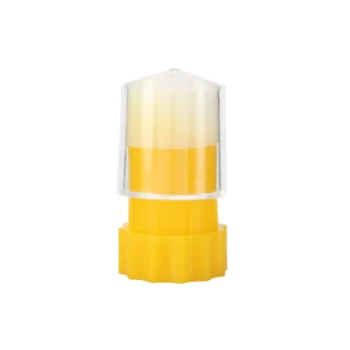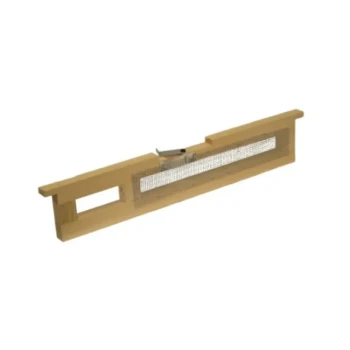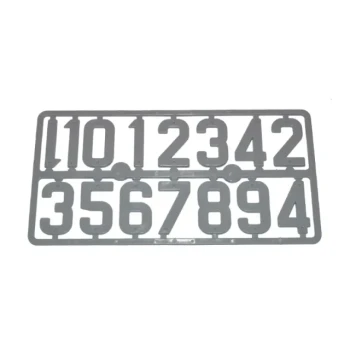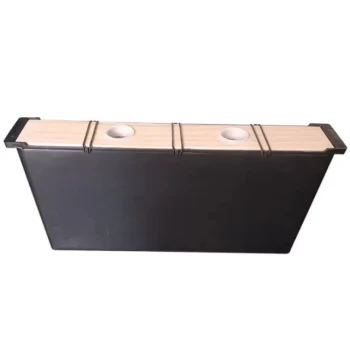Based on the provided information, the specific final grading scores for the colonies on July 22 are not stated. The records confirm that the final grading for colony strength was conducted on that date, but they only provide methodological context, not the results themselves.
The available text confirms the July 22nd grading event occurred but omits the actual data. Its primary focus is on a critical data integrity measure: the censorship of a colony where the queen was superseded, which would have skewed the results.
Understanding the July 22 Event
The record of the July 22 grading is less about the outcome and more about the quality of the data being collected. This is a common and important practice in scientific research.
A Key Event Occurred
On July 22, the final assessment of colony strength was performed. This was a planned event designed to measure a key outcome of the study or observation period.
A Critical Data Point Was Censored
The most significant detail provided is that data from one "Treatment" colony was officially censored. This means it was deliberately removed from the final analysis.
The Reason for Removal: Queen Supersedure
The removal was not arbitrary. It was done because the colony's queen had been superseded, meaning she was replaced by a new queen.
A colony's strength, brood production, and overall population are fundamentally tied to the health and performance of its queen. A supersedure event drastically alters these dynamics, making the colony's data an unreliable outlier.
The Impact of This Decision
Censoring this data point, while seeming like a loss of information, is actually a hallmark of rigorous scientific practice. It demonstrates a commitment to accuracy.
Preserving Data Integrity
Including the data from the compromised colony would have introduced a significant variable that was not part of the intended study. It would have polluted the dataset and led to incorrect conclusions about the treatment's effectiveness.
The Missing Results
The absence of the final grading scores means that, from this text alone, we cannot draw any conclusions. We don't know which colonies were stronger or weaker, or how the "Treatment" group compared to any "Control" group. The core results are simply not present in this excerpt.
How to Interpret This Information
The provided text serves as a footnote on methodology rather than a summary of results. How you use this information depends on your objective.
- If your primary focus is on the experimental results: You must recognize that this source is incomplete and the final grading data needs to be found in a more comprehensive report or data table.
- If your primary focus is on the study's methodology: Note that the researchers properly identified and censored data from a compromised colony, which strengthens the validity of the study's eventual conclusions.
Ultimately, understanding the context of data collection is just as critical as the data itself.
Summary Table:
| Key Aspect | Details |
|---|---|
| Event Date | July 22 |
| Event Type | Final colony strength grading |
| Key Action | Data from one Treatment colony censored |
| Reason for Censorship | Queen supersedure event |
| Impact | Preserved data integrity for reliable results |
Ensure Your Apiary Data is Accurate with Proper Equipment
Just as proper data management is crucial for valid research, using high-quality beekeeping equipment is essential for maintaining colony health and obtaining reliable metrics. HONESTBEE supplies commercial apiaries and beekeeping equipment distributors with durable, precision tools that support effective colony management and data collection.
Let us help you achieve more reliable results:
Contact our expert team today to discuss wholesale supplies for your commercial beekeeping operation or distribution needs.
Related Products
- JZBZ Langstroth Queen Rearing Frame for Beekeeping
- Stainless Steel Queen Grafting Tool for Beekeeping and Bee Queen Grafting
- Professional Queen Catcher and Introduction Queen Cage
- Queen Bee Marking Pen POSCA Queen Marking Pens for Beekeeping Bee Markers
- Queen Bee Catcher Plastic Bee Marker Bottle with Piston Marking Tube
People Also Ask
- What are the benefits of beekeeping as a hobby? Harvest Honey, Help the Planet, and Find Peace
- Why might it be necessary to find the queen in a colony? Master Advanced Swarm Control & Requeening
- What factors can cause differences in honey production among bee colonies in the same apiary? The Queen and Genetics Are Key
- What is the key factor in determining whether a larva becomes a queen? The Power of Royal Jelly
- What are the best field conditions for rearing queens? Achieve High-Quality Queen Production



















